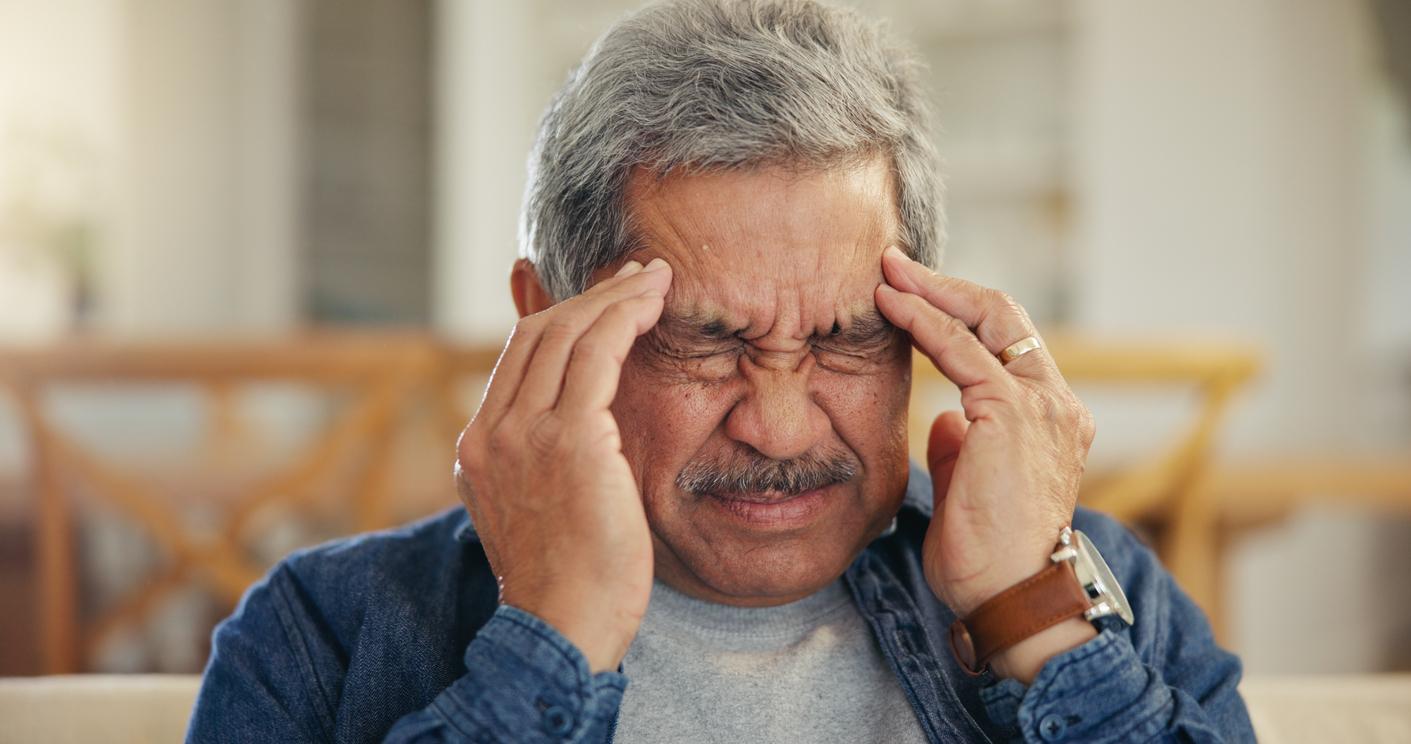According to an Ipsos-Sopra Steria poll, the Covid-19 epidemic was the reason that was most declared for the choice of abstentionism. Explanations.

Pandemic so no vote? This is how 43% of abstainers justify their missed appointment at the polls this Sunday, June 28, according to an Ipsos Sopra-Steria survey for Radio France, France Télévisons and parliamentary channels. This study was carried out on June 26 and 27 among 3,004 people registered on the electoral lists and representative of the population aged 18 and over. These absent voters represented nearly 59% of the electorate, a record that beats another reached in the first round of this same election on March 15th. At that time – ante-containment – 39% of abstainers had invoked this fear. The fear of being contaminated by Covid-19 seems to have increased by 4 points despite better preparation for the organization of the ballot – compulsory wearing of a mask, distribution of hydroalcoholic gel or gloves for example.
“The context of the health crisis is still not blurred for voters”, said Cevipof researcher Bruno Cautrès on franceinfo. For good reason, another part of the survey is interested in the correlation between the fear of the disease and the desire to abstain. According to the study among people declaring themselves “very worried” 37% decided to stay away from the ballot box, against 60% of “rather worried” and 54% of “not at all worried” and “not really worried”.
Democratic crisis
The Covid-19 seems to have a good back, three months between the two rounds having given them plenty of time to fill out a power of attorney. According to Bruno Cautrès on Cnews, this is a deeper trend in French democracy. “With the exception of the Europeans in May 2019 where we had seen a resurgence of participation, we are seeing a form of democracy of abstention gradually taking hold in France“, he analyzes. The other reasons given are at 38% (+5% compared to the 1st round)”the elections will not change anything in their daily lives“, at 27% (+3%)”no candidate convinced them“and at 25%”they have other concerns at the moment“. To show “their dissatisfaction with the political class in general” is stated at 24%.
According to the pollsters, the Covid-19 has also upset the time of the municipal campaign. “Campaign that was the longest in the Fifth Republic and never ramped up“, explains Frédéric Dabi, the deputy director general of Ifop, on Cnews. “We had this very special long period where the bellows fell a little“, also attenuates Brice Teinturier, the deputy director general of the polling institute Ipsos, on France 2.
However, this map of abstention shows strong contrasts. “We also see very strong mobilizations in cities where there is a stake“, as in Perpignan (52.8%), in Nancy (57.9%, against 62.9% in the first round) or in Bastia (35.9%), insists Brice Teinturier, who recalls that “the national average conceals differences“.
.

















